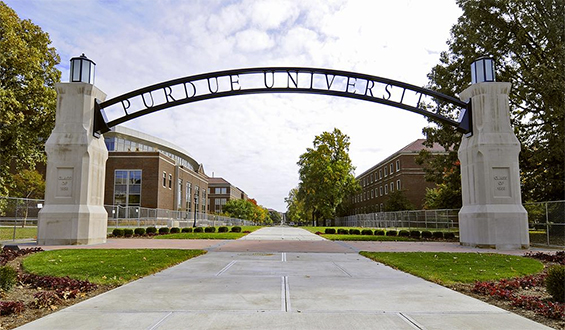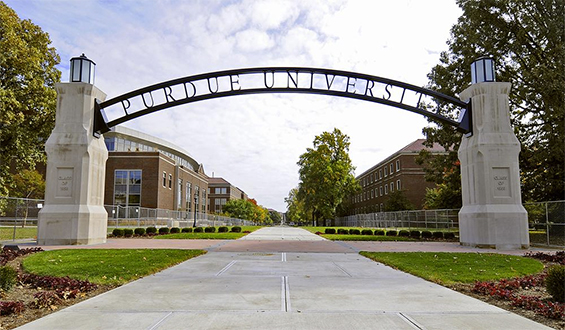
Purdue University is taking steps toward a new way to offer financial support to students from investors who would be promised a portion of students’ future earnings.
In an announcement earlier this week, Purdue Research Foundation, a private, not-for-profit foundation that supports Purdue, signed a letter of intent with a financial services firm to determine the effectiveness of the implementation of income-share agreement programs, more commonly called ISAs.
Vemo Education, a financial services firm based in Virginia, will help Purdue to look further into how best to create an agreement, as well as how to develop policies surrounding it. A company spokeswoman noted that Vemo will be doing the work free of charge.
The program would require students to withdraw funds from an investment pool. Those funds would be used to pay for their education costs. In exchange, the students would promise a portion of their post-graduation income over a set period of time as repayment. There is no principal balance or interest with these agreements, writes Hayleigh Colombo for Indianapolis Business Journal.
“We look forward to the guidance they’ll provide to the foundation as we continue to evaluate the potential of [income-share agreements] as a useful tool for Purdue students,” said Brian Edelman, chief financial officer for the Purdue Research Foundation, in a written statement.
However, the plan has generated a great deal of controversy. While supporters such as Purdue President Mitch Daniels, who referred to the program as “Bet on a Boiler,” argue that the idea is better than taking out private loans that students may not be able to afford to pay off, critics continue to compare it to indentured servitude.
The Brookings Institution website suggests that the program would benefit a limited market and would be most useful for those students who attend colleges without access to federal student loans, or those attending short-term programs such as computer coding “boot camps.” Those who are expected to have a larger salary after graduation may be less likely to participate.
Students who graduated in 2015 are expected to have an average student loan debt of $35,051, $2,000 more than the previous year. This year, around 70% of the entire student population graduated with debt. As a result of tuition costs continually increasing, student loan debt has reached a total of $1.2 trillion.
At the same time, younger people are becoming less likely to make major purchases such as buying cars or homes because of their debt. Meanwhile, the unemployment rate for young college graduates in 2014 reached 7.2%. While that is an improvement, it is still much higher than pre-Great Recession numbers, writes Tim Marcin for International Business Times.
Purdue has plans to implement a pilot program soon. Although Vemo does not have an official contract with the university, company spokeswoman Kerry Schneider said that it does expect to remain a partner should Purdue choose to move forward with the idea.
Vemo is currently in discussions with other institutions to develop similar programs, although no formal agreements are in the works.




